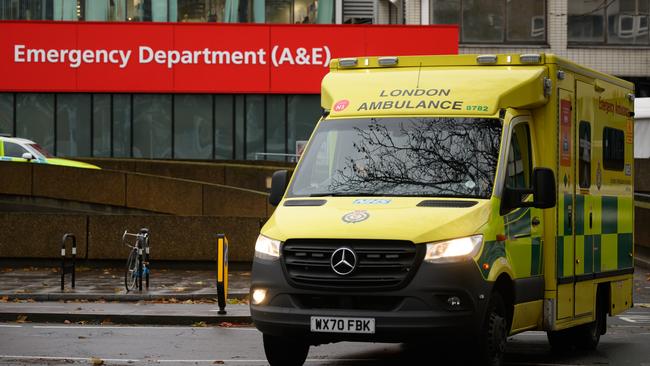
Here is a story in which Britain’s National Health Service is the hero. Health services are a bit like militaries. The people on the frontline are often heroes, even if the bureaucracy behind them is insane.
In London I mostly stay in an eccentric little hotel that is a bit ramshackle but redeemed by its large rooms, good value for money and friendly staff. A kind of up-market Fawlty Towers with a cheerful manager.
Staying there Saturday night a week ago, I couldn’t sleep. Though London was unseasonally cold the room seemed oppressively hot. In the bathroom about 2am I suddenly couldn’t walk. I felt like I was going to blow up, fall down, pass out and my head explode, simultaneously. I staggered back to bed and asked my wife to get me some water. I had no idea she was in worse shape than me. She nonetheless heroically looked after me.
From bed I rang reception to see if there was a cooler downstairs room available. The chap said he was a bit busy as he had the fire brigade in attendance. There was a possible gas leak on the ground floor but, he said, it had no effect on the fourth floor.
Here’s the first lesson. If you find there’s a gas leak in your hotel, leave immediately, regardless what floor you’re on. With a brain unaffected by carbon monoxide I might have reached this conclusion myself. But, deep in brain fog, wife and I didn’t connect symptoms to gas leak and went back to bed.
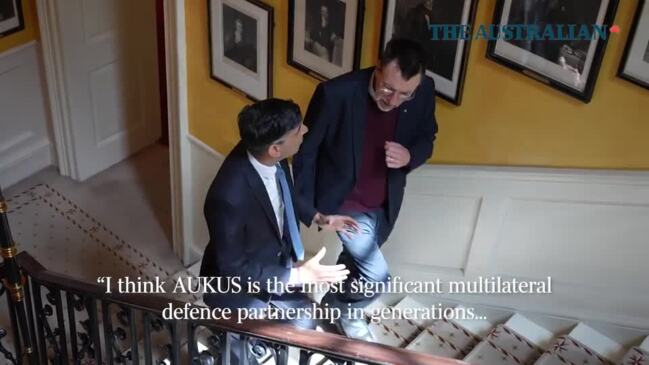
Ten minutes later the hotel alarm rang. By then we were wretched. I lacked the fine motor skills for socks but did get a shirt and jacket on. We stumbled down four floors, holding the rail tight.
On the street, hotel guests were in poor shape, women throwing up, old folks distressed, a pregnant woman being assisted in the back of a fire truck. The fireys, first on the scene, were very helpful. Breathe the fresh air deeply, they said, and they gave us water.
Seemingly a minute later, the first paramedic turned up. A young British woman, she somehow reassured several dozen people at once while beginning triage. Then several paramedics appeared, including one with a device to measure the carbon monoxide in your blood.
They give this a numerical value. Below four is normal. Above 40 can make you gravely ill, so one nurse told us. I was at 28 and my wife a bit higher. Carbon monoxide makes you confused and as I generally start out a bit confused anyway, I was by then some distance down that road.
The paramedics, young women all, were efficient, chatty, businesslike, reassuring, medically thorough, decisive and sensitive, all at once. They kept us on oxygen and took my wife and me in an ambulance straight to the Chelsea and Westminster Hospital accident and emergency department.
Saturday night is busy in A&E. But this wasn’t their first rodeo. In hospitals in Australia I’ve been impressed by both the medical competence and the generous human solidarity of the medicos. This night in London, nurses and doctors, mainly Filipino or Indian in background, were superb.
They “get” married folks and managed to keep wife and me in eyesight of each other throughout. Relentless oxygen, canulars for other medicine, a variety of pills, ECG tests for the heart and comprehensive blood tests every 90 minutes or so. The blood tests monitored carbon monoxide, and checked it hadn’t compromised the functioning of other body organs.
They kept asking us our names and dates of birth, mainly I think to test how compos mentis we were. Three tiny acts of kindness stay with me. At one point I was trying to send hand signals of encouragement across the corridor to my wife. She was sicker than me and a few tears rolled down her cheek. A Filipino nurse, head shaved, musclebound, wearing stud ear rings, wiped her tears and told her not to be upset, everything would be OK, she was in a good place and they would look after her.
I was much agitated by the fact that two days later I was to interview the British Prime Minister, Rishi Sunak. Would I be well enough to do that, I asked the same nurse. Like a diplomat sent abroad to lie for his country, he replied: “You look like a tough guy to me, you’ll be there.”
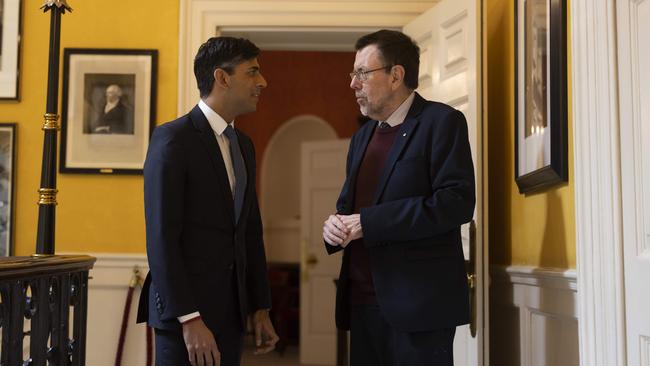
At one point they moved us from beds to easy chairs for the compelling reason that they needed the beds. About nine in the morning, feeling a good deal better, I asked a nurse whether a cup of tea might be possible. There was a coffee shop next door and we would soon be released but the nurse didn’t complain about being mistaken for a catering officer; instead, he produced a cup of tea for the four of us in our group of easy chairs, and a sandwich each as well.
Finally our carbon monoxide levels fell to five but the nurse asked us not to leave until we’d been seen, a final time, by a doctor, who said we might get the odd symptom for a while yet. We were to go to a different hotel. Did we have money for a cab? If not, the hospital could arrange transport.
The fun didn’t stop when we left hospital. We went to the new hotel but they told us the old hotel had been declared safe and the new place was full.
So we went back to the site of our poisoning, where they were indeed happy to move us to the ground floor. One way they had of being safe was not reconnecting the gas. So the couple of post-hospital days we spent there featured open windows, and no hot water.
This was a First World problem, but it was fun really, like a boy scout camp. Boil some water to wash your hair in the sink. Find a bucket and heat up some water for a pre-modern shower. I was a bit astonished the hotel was allowed to keep operating, though they too were as helpful as could be. And I was happy with no gas – we couldn’t be poisoned again.
Notionally, there was a nurses’ strike that weekend, though A&E nurses don’t strike. A busy, crowded Saturday night would be the likeliest time for short cuts or mistakes but there were no short cuts or mistakes I could see. Wife and I were in as good hands, and as well treated, as we could have been anywhere in the world. I am full of admiration for the medical folks, and very grateful.
They routinely cope with people experiencing the worst day of their lives. I don’t know if my experience of Britain’s NHS is representative. But I offer it as modest first-hand evidence that while the system might be badly messed up, these doctors and nurses are just gold.



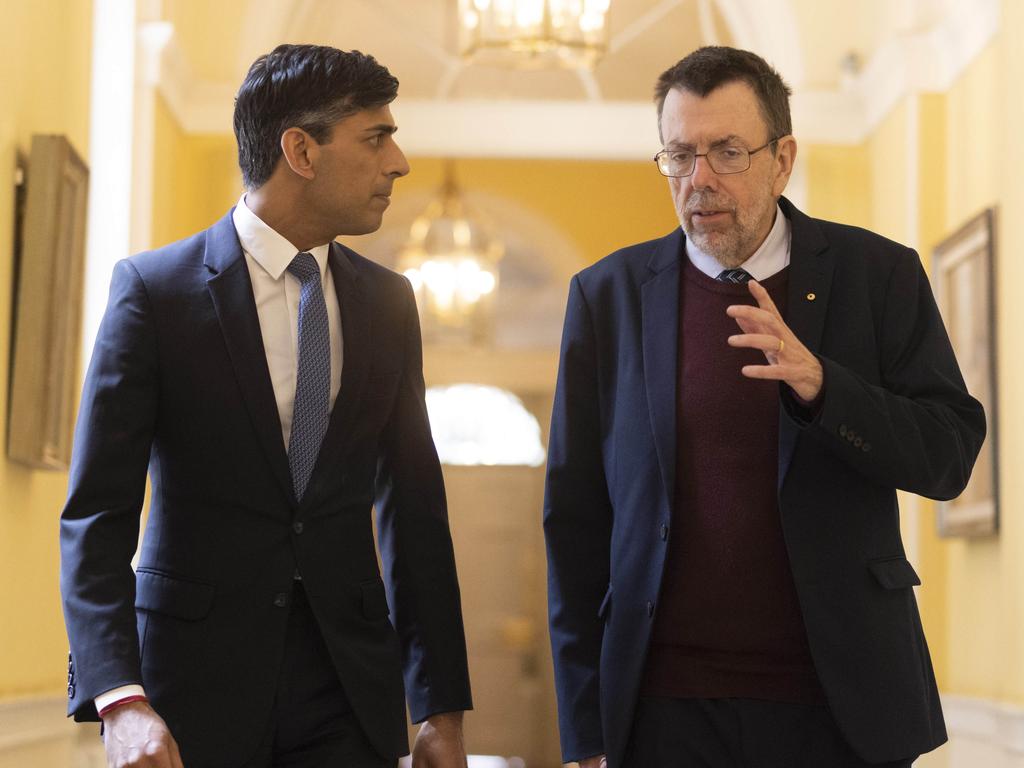

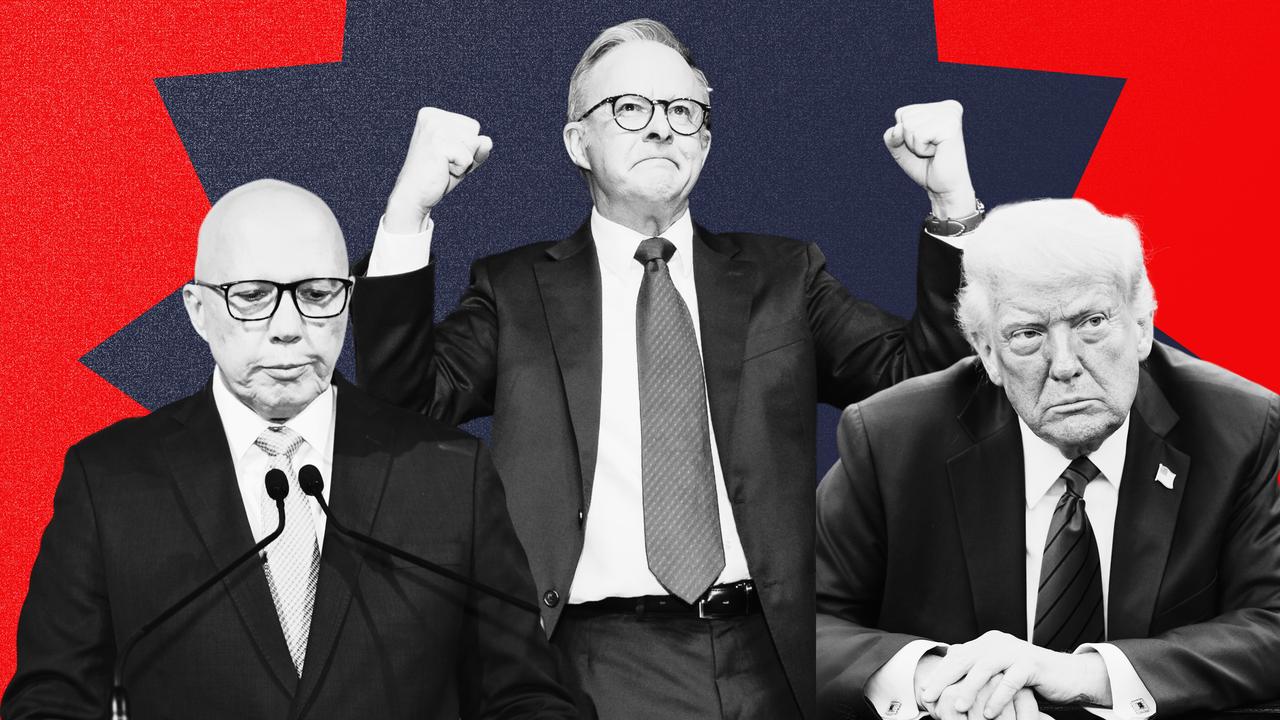
When you are suffering carbon monoxide poisoning, your mind is not at its sharpest. This is an important truth I’ve gleaned from several decades as foreign editor.